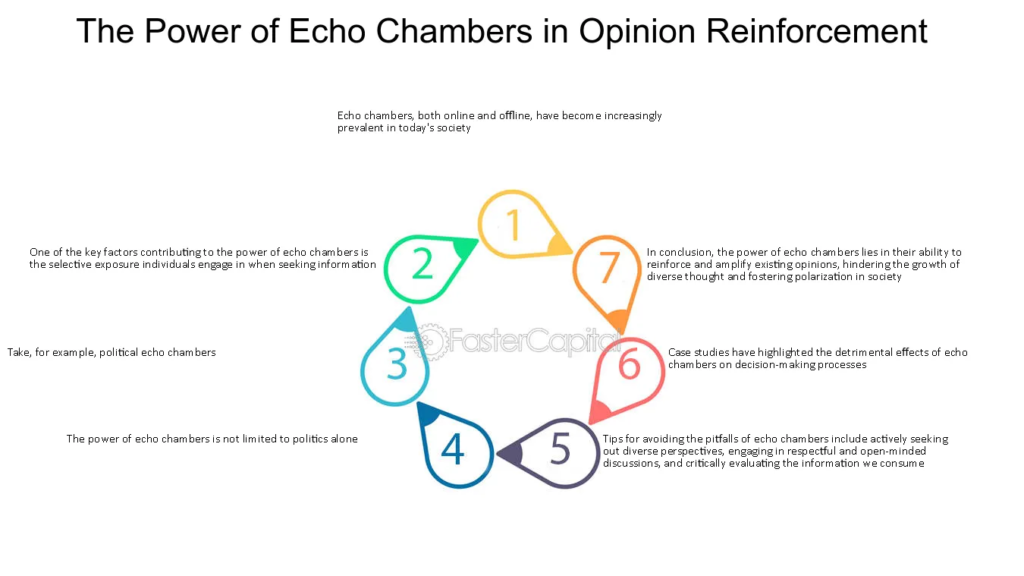Depression and the Shadow of the Technological Self .We live in a hyper-connected world. Our phones are extensions of ourselves, social media feeds bombard us with curated realities, and the digital realm has become an integral part of our daily lives. While technology offers undeniable benefits, it also casts a long shadow, one that can significantly impact our mental well-being and contribute to the rising rates of depression. This shadow self, the often unacknowledged and darker side of our digital immersion, deserves our attention.
Depression, a complex and multifaceted mental health condition, is influenced by a myriad of factors. While no single cause can explain its emergence, the pervasive influence of technology in our lives deserves careful examination. The shadow of the technological self refers to the ways in which our engagement with technology can exacerbate or even trigger depressive symptoms. It’s not about demonizing technology, but understanding its potential impact and developing healthier relationships with it.
The curated self and the pressure to perform:

Social media platforms, designed for connection, often become breeding grounds for comparison and self-doubt. We are constantly exposed to carefully crafted online personas, highlighting only the most positive aspects of people’s lives. This curated reality can lead to feelings of inadequacy, envy, and a constant pressure to perform our own lives for an invisible audience. The shadow of the technological self whispers that we are not good enough, not successful enough, not happy enough, compared to the filtered perfection we see online.
This constant comparison can fuel a negative feedback loop. We seek validation through likes and comments, tying our self-worth to external approval. When that approval is not forthcoming, or when we perceive others as having “better” lives, it can trigger feelings of worthlessness and contribute to depressive symptoms. The curated self, constantly striving for an unattainable ideal, can leave us feeling empty and disconnected from our true selves.
The illusion of connection and the reality of isolation:
While technology offers the illusion of constant connection, it can paradoxically lead to feelings of isolation. We may have hundreds of “friends” online, yet feel deeply lonely in our real lives. The shallow interactions of social media can’t replace the depth and intimacy of genuine human connection. The shadow of the technological self whispers that we are connected, but the reality is often a superficial engagement that leaves us feeling more alone than ever.
Furthermore, constant connectivity can blur the boundaries between our personal and professional lives, leading to burnout and stress. We are always “on,” always available, always expected to respond. This constant pressure can deplete our emotional resources and contribute to feelings of overwhelm and exhaustion, which are often precursors to depression. The shadow of the technological self whispers that we must always be available, but the reality is often a constant state of stress that erodes our well-being.
The echo chamber and the reinforcement of negativity:

Social media algorithms often create echo chambers, where we are primarily exposed to information that confirms our existing beliefs. This can be particularly problematic when it comes to mental health. If we are already struggling with negative thoughts or feelings, the echo chamber can reinforce those thoughts, making it harder to break free from the cycle of negativity. The shadow of the technological self whispers that our negative thoughts are valid, but the reality is often a distorted view of the world that exacerbates our depressive symptoms.
Moreover, the anonymity of the internet can embolden negativity and cyberbullying. Online harassment and abuse can have a devastating impact on mental health, contributing to anxiety, depression, and even suicidal ideation. The shadow of the technological self whispers that we are safe behind a screen, but the reality is often a toxic environment that can inflict real emotional pain.
The constant distraction and the loss of presence:
Our constant connection to technology can make it difficult to be present in the moment. We are constantly checking our phones, scrolling through social media, or engaging in other digital distractions. This constant distraction can interfere with our ability to focus, relax, and appreciate the simple joys of life. The shadow of the technological self whispers that we are multitasking and being productive, but the reality is often a fragmented attention that leaves us feeling scattered and unfulfilled.
This lack of presence can also impact our sleep. The blue light emitted from electronic devices can interfere with melatonin production, making it harder to fall asleep and leading to poor sleep quality. Sleep deprivation is a known risk factor for depression, further compounding the negative effects of technology on mental health. The shadow of the technological self whispers that we are staying connected, but the reality is often a disrupted sleep cycle that undermines our well-being.
Reclaiming our well-being:
Recognizing the shadow of the technological self is the first step towards reclaiming our mental well-being. It’s not about abandoning technology altogether, but about developing a healthier and more mindful relationship with it. Here are some strategies to consider:
- Mindful Technology Use: Be intentional about your technology use. Set limits on screen time and create boundaries between your online and offline life.
- Digital Detox: Take regular breaks from technology to reconnect with yourself and the world around you. Even short periods of disconnection can make a difference.
- Cultivating Real-Life Connections: Prioritize face-to-face interactions with friends and family. Nurture meaningful relationships that provide genuine support and connection.
- Challenging Negative Thoughts: Be aware of the negative thoughts and comparisons that arise from social media use. Challenge those thoughts and focus on your own strengths and accomplishments.
- Prioritizing Sleep: Establish a regular sleep schedule and avoid screen time before bed. Create a relaxing bedtime routine that promotes restful sleep.
- Seeking Professional Help: If you are struggling with depression, don’t hesitate to seek professional help. A therapist can help you develop coping strategies and address the underlying issues contributing to your depression.
The shadow of the technological self is a reminder that technology is a tool, and like any tool, it can be used for good or ill. By becoming more mindful of our technology use and prioritizing our mental well-being, we can harness the benefits of technology without succumbing to its darker side. It’s about reclaiming our attention, our connection, and ultimately, our lives.






